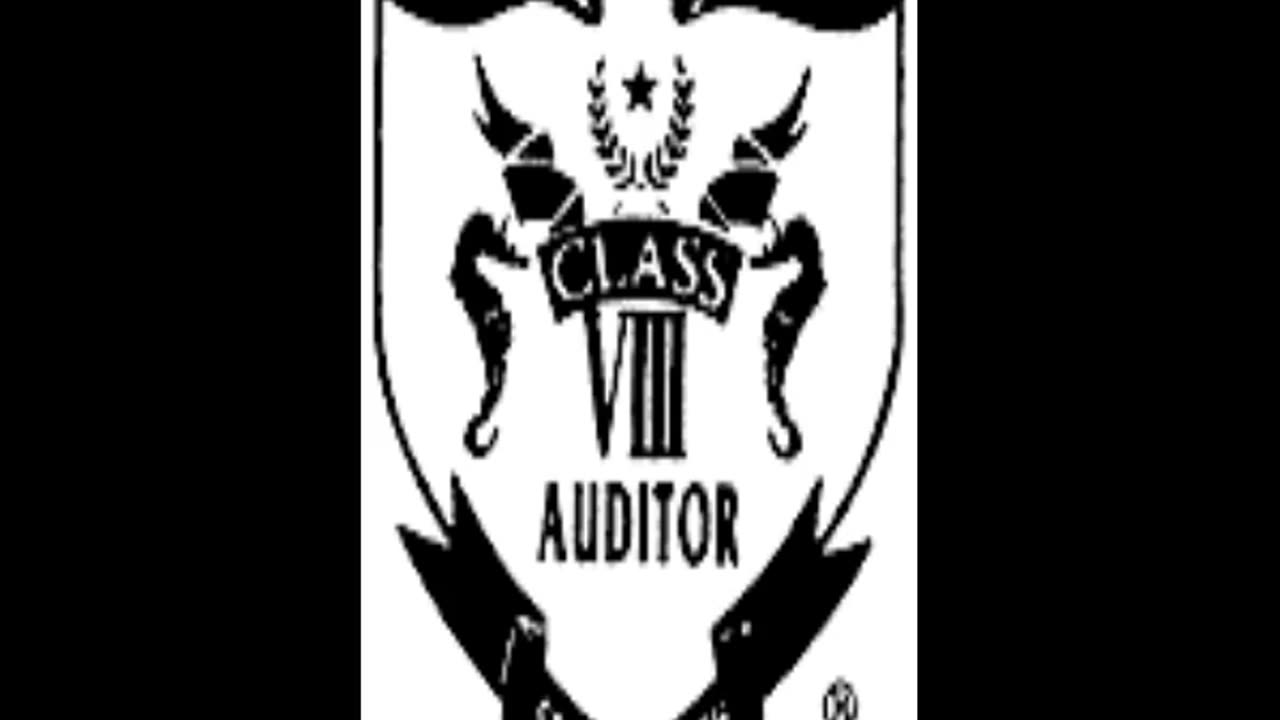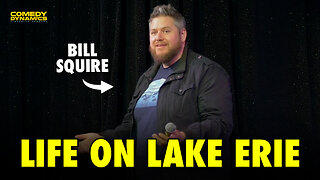Premium Only Content

Class VIII Course #6 Mechanics of Techniques and Subject Matter
Warning: Contains OT III Data.
Class VIII Course #6 Mechanics of Techniques and Subject Matter
Warning: Contains OT III Data.
Here’s a summary of Class VIII Course – Tape 6 (“Mechanics of Techniques and Subject Matter”), based on the lecture transcript you provided:
📌 Date & Context
Lecture 6 of the Class VIII course, delivered on 29 September AD 18 (1968).
Hubbard is addressing the mechanics of auditing, E-meter use, listing, rehabilitation, overruns, and the difference between subject matter vs processes.
🔑 Main Points
Purpose of Listing
A list is only done to bring about a cognition with floating needle (F/N).
Not to make a “complete list.”
If the PC cognites on the subject, question, or item → F/N → auditing action complete.
Floating Needle (F/N) Phenomena
Can occur at any point: on hearing the process, clearing the command, first question, or first item.
Never take the PC off the cans during session—an F/N can be missed.
E-Meter Handling
Misconception: that reads are from “hand sweat.”
Real cause of low TA = body thetans.
Meters must warm up—trim should be checked at end of session.
Charge, Reality, and Overruns
Reality = proportional to amount of charge off a case.
Wrong items or poor auditing put charge on the case (high TA).
Overrun: running past the F/N, or giving wrong items.
Engram running (Dianetics) is unlimited—engrams/secondaries erase, not release, so no true overrun.
Processes vs. Subjects
The subject of a grade (ARC breaks, problems, withholds, etc.) is inexhaustible and can always be addressed.
But the process commands themselves can be overrun.
Example: Can’t overrun “problems” as a subject, but can overrun the process “problems of comparable magnitude.”
Rehabilitation (rehab)
If a grade or release state is valid, there will always be an F/N to rehab.
If no F/N, then it was never achieved in the first place.
Don’t demand PCs remember exact wording of service facsimiles—rehab is about F/N, not memory.
OT Levels & Body Thetans
Below OT III, cases are influenced by body thetans.
Incorrect handling or overruns at OT III can leave BTs confused, causing case instability.
OT auditing is telepathic (not verbalized).
Case Supervision
Distinction must exist between auditor, examiner, and case supervisor.
Case supervisor should not talk directly to the PC or auditor—must rely on reports and examiner data.
False auditing reports are the greatest threat to standard tech.
Auditor’s Code & Session Basics
Always check sleep and food before session; lack of either is the main cause of “spin.”
The Auditor’s Code exists to prevent these breakdowns—must be applied strictly.
Organization vs. Individual Auditing
Only an organization can sustain auditing long-term.
Independent practitioners often collapse without organizational backup.
Franchises depend on org support to survive.
📝 Overall Message
Hubbard stresses mechanical precision and discipline in auditing:
Don’t overrun processes.
Always validate with the F/N.
Distinguish between subject vs. process.
Maintain strict adherence to the Auditor’s Code and case supervision system.
Protect against false reports.
Scientology processing requires organizational structure, not lone-wolf auditors.
-
 1:52:46
1:52:46
Side Scrollers Podcast
17 hours agoNintendo Fans Are PISSED at Craig + Netflix BUYS Warner Bros + VTube DRAMA + More | Side Scrollers
9.77K4 -
 18:43
18:43
Nikko Ortiz
12 hours agoWorst Karen Internet Clips...
2.34K2 -
 11:23
11:23
MattMorseTV
13 hours ago $5.54 earnedTrump just RAMPED IT UP.
7.39K46 -
 46:36
46:36
MetatronCore
2 days agoHasan Piker at Trigernometry
1.43K1 -
 29:01
29:01
The Pascal Show
14 hours agoRUNNING SCARED! Candace Owens DESTROYS TPUSA! Are They Backing Out?!
1.6K4 -
 6:08:30
6:08:30
Dr Disrespect
17 hours ago🔴LIVE - DR DISRESPECT - ARC RAIDERS - FREE LOADOUT EXPERT
57.6K7 -
 2:28:08
2:28:08
PandaSub2000
1 day agoMyst (Part 1) | MIDNIGHT ADVENTURE CLUB (Edited Replay)
23K -
 21:57
21:57
GritsGG
1 day agoBO7 Warzone Patch Notes! My Thoughts! (Most Wins in 13,000+)
31.2K -
 LIVE
LIVE
Lofi Girl
2 years agoSynthwave Radio 🌌 - beats to chill/game to
986 watching -
 7:51
7:51
Comedy Dynamics
6 days agoLife on Lake Erie - Bill Squire stand-up comedy
69.7K3